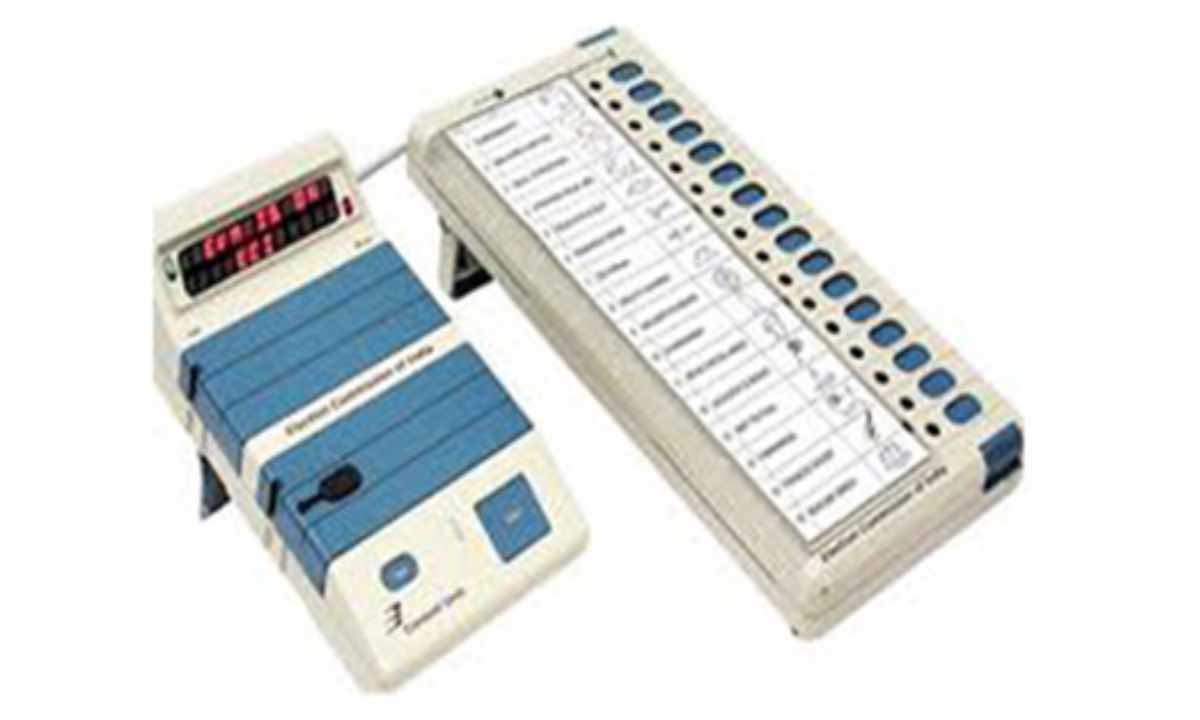
OR
Arrest of NEA staff
Since his appointment as the managing director of Nepal Electricity Authority (NEA) back in September, 2016, the new management under Kulman Ghising has done a wonderful job of vastly reducing load-shedding hours. On assuming office Ghising had unveiled a plan to reduce electricity loss from the current 26 percent of total supply to as low as 12 percent. If this could be achieved, he said, 714 million units of energy worth around Rs 7 billion a year could be added to the national grid. The latest evidence that he is serious in the arrest on Sunday of 12 NEA employees on charges of tampering with electricity
meters. They were found involved in tampering of the meters of some factories and big businesses so as to reduce their electricity bills. But these 12 employees represent only the tip of the iceberg; otherwise, it is hard to account for 26 percent loss of on-grid electricity. So we expect many more such arrests in the days ahead. These state employees who have been responsible for keeping millions of Nepalis in the dark don’t deserve any sympathy.
The new initiative to clean up the country’s sole (public) power utility must be carried over into other notoriously corrupt state bodies like the Nepal Oil Corporation (NOC), the sole importer and distributor of fuel in the country. It’s an open secret that a significant amount of imported oil disappears when it is being transported to various parts of the country; this loss is far higher than would be expected due to natural evaporation. NOC top-brass is also notorious for trying to enrich its staff even when the company is in deep red, in clear contravention of the provision that its employees are entitled to bonus only when the company is in profit. Another utility that has been ripe for abuse is the Kathmandu Upatyaka Khanepani Limited (KUKL), a company running in public-private partnership model with the government of Nepal as among its major shareholders. In most days and in most places there is not a drop of water to be had from KUKL taps, and yet its customers have to continue to dutifully pay their monthly bills. But there are as many customers who, despite getting ample water, have not paid anything in the past five or six years. Such arbitrariness does not behoove a supplier of something as essential to people’s daily lives as running water.
NEA under Ghising and the new-look Sajha Yatayat show that it is possible to reform our vital institutions if competent people are appointed to run them. But sadly these institutions are exceptions rather than the rule, for most of our vital organizations—whether it is NOC, KUKL, Nepal Water Supply Corporation, the CIAA or the Election Commission—continue to be run as virtual appendages of political parties. Their political
affiliation rather than individual competence is the most important criteria for those wanting to lead these organizations. But thanks to a few competent managers like Ghising and Sajha’s Kanak Mani Dixit, now people have started to expect more from other traditionally corrupt and lethargic organizations as well. The popular press also supports these change-agents. Despite its many problems we would like to believe that slowly but steadily Nepal is becoming a meritocratic society.
You May Like This

Good omen
It is amazing that over 65 percent of all eligible voters took part in the first phase of the two-phase... Read More...




Just In
- District Court Rautahat sentences four individuals including Aftab Alam to life imprisonment
- Class 12 exam starts today with participation of over 390,000 candidates
- Weather expected to be partially cloudy in hilly areas, clear in remaining areas
- Navigating the Digital Diplomacy Divide: Balancing Tradition and Technology in Global Relations
- Youth attempts suicide amid police torture over Facebook comments against home minister
- Time to declare EVMs’ end
- World Malaria Day: Foreign returnees more susceptible to the vector-borne disease
- MoEST seeks EC’s help in identifying teachers linked to political parties













Leave A Comment